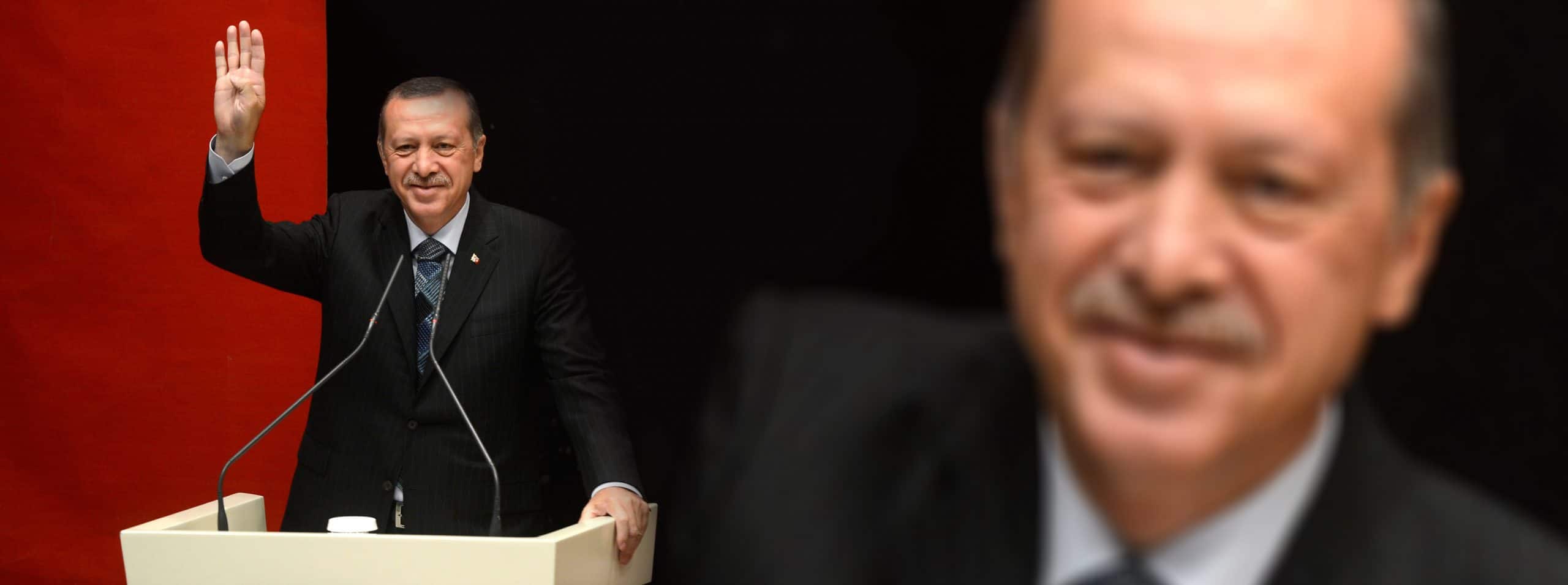At the end of May, Recep Tayyip Erdoğan won the runoff election for the presidency in Turkey with around 52 percent of the vote.
After researchers from the Complexity Science Hub found signs of election manipulation in the first round of voting, a current study shows similar effects in the runoff election.
After his victory in the runoff election, Recep Tayyip Erdogan is at the beginning of another five-year term as president of Turkey and is thus heading for a quarter of a century in power. Researchers at the Complexity Science Hub now demonstrated in a recent study that 1.9 percent of electoral units showed a statistically unlikely result in Erdogan’s favor in the runoff election. “Areas with smaller polling stations and fewer ballot boxes had significantly inflated votes and turnout, again, to the benefit of the Turkish incumbent,” explains Peter Klimek, a researcher at the Complexity Science Hub.
ERDOGAN: 342,000 ADDITIONAL VOTES
Furthermore, electoral districts with two or fewer ballot boxes were more likely to show extremely large swings in vote shares in favor of Erdogan from the first to the second round. “Such swings may indicate the presence of voter coercion or intimidation techniques,” Klimek says. Based on their statistical model, the researchers estimate that these fluctuations translate to 342,000 additional votes (0.64 percent) for Erdogan.
FEWER IRREGULARITIES
To detect election manipulations, CSH researchers Peter Klimek and Stefan Thurner developed a forensic “quick test.” In doing so, they look for statistically extremely unlikely results in individual electoral units. At the core, they can track down evidence of both unauthorized pressures – for example, through threats of violence – on voters (“voter rigging”) and multiple voting (“ballot stuffing”). In this way, Klimek and Thurner have already found statistical traces of election manipulation through “ballot stuffing” in the Turkish elections of 2017 and 2018 and in the first round of elections in 2023. However, these irregularities decreased: While 8.5 percent of electoral units were affected in 2018, this number dropped from 2.4 percent in the 2023 first round to 1.9 percent in the runoff.
TOWARDS ILLIBERAL DEMOCRACY
While the forensic tests cannot prove that election fraud actually occurred, they do show that certain types of election fraud cannot be ruled out based on the data. They also allow us to narrow down more precisely which kind of election fraud might have occurred in which region and to what extent. This allows for more comprehensive and targeted audits of election integrity.
“Our findings suggest that Turkish elections continue to be affected by irregularities that may indicate electoral fraud. While these statistical irregularities were not large enough to determine the outcome in 2023 on their own, they certainly tilt Turkey’s political playing field even further towards illiberal democracy,” Klimek says.


